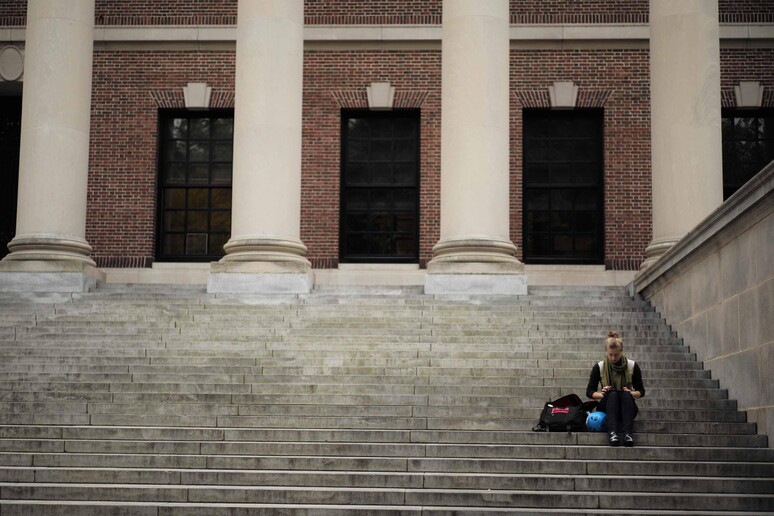Harvard University, the top Ivy League institution, has just announced a significant expansion of its financial aid program, aimed at making education more accessible.
Students from families with an annual income of up to $100,000 will no longer have to pay tuition fees or room and board, while those with an income of up to $200,000 will only have the tuition covered. Even students from families with incomes above this threshold will be assured aid, based on factors such as student debt or cost of living. This initiative is designed to alleviate the financial burden of enrolling in the exclusive institution, which can reach around $83,000 per year.
For students coming from backgrounds with incomes below $100,000, the university will provide an initial grant of $2,000 in the first year, with an equivalent amount available in the third year to support their transition after graduation. For those in families with incomes up to $200,000, tuition will be free, and students can receive additional assistance to cover other expenses, depending on their financial situation.
The initiative follows policies implemented by other elite universities, such as Stanford and Princeton, which have responded to public pressures to attract middle-class students. Harvard has invested over $3.6 billion in financial aid, and currently, 55% of undergraduate students benefit from financial support.
Starting in the 2025-2026 academic year, the College will offer more accessible education to allow students to focus more on their studies without the financial factor becoming an obstacle.
Harvard’s president, Alan M. Garber, emphasized that making the institution accessible to a larger number of people will enrich the academic community and foster a greater variety of experiences and perspectives, which will contribute to everyone’s intellectual and personal growth.
This program is part of a broader investment plan that the institution began in 2004 with the launch of the Financial Aid Initiative, which allowed for full coverage of university expenses for students from families with annual incomes under $40,000. This threshold has been progressively raised over time, reaching $85,000 in 2023.
Since 2007, Harvard has also replaced student loans with grants and excluded the value of real estate from the calculation of income.
The university’s ongoing commitment to making education a global asset represents a significant milestone, as it ensures that a high-quality education is within reach of an ever-growing number of individuals.












